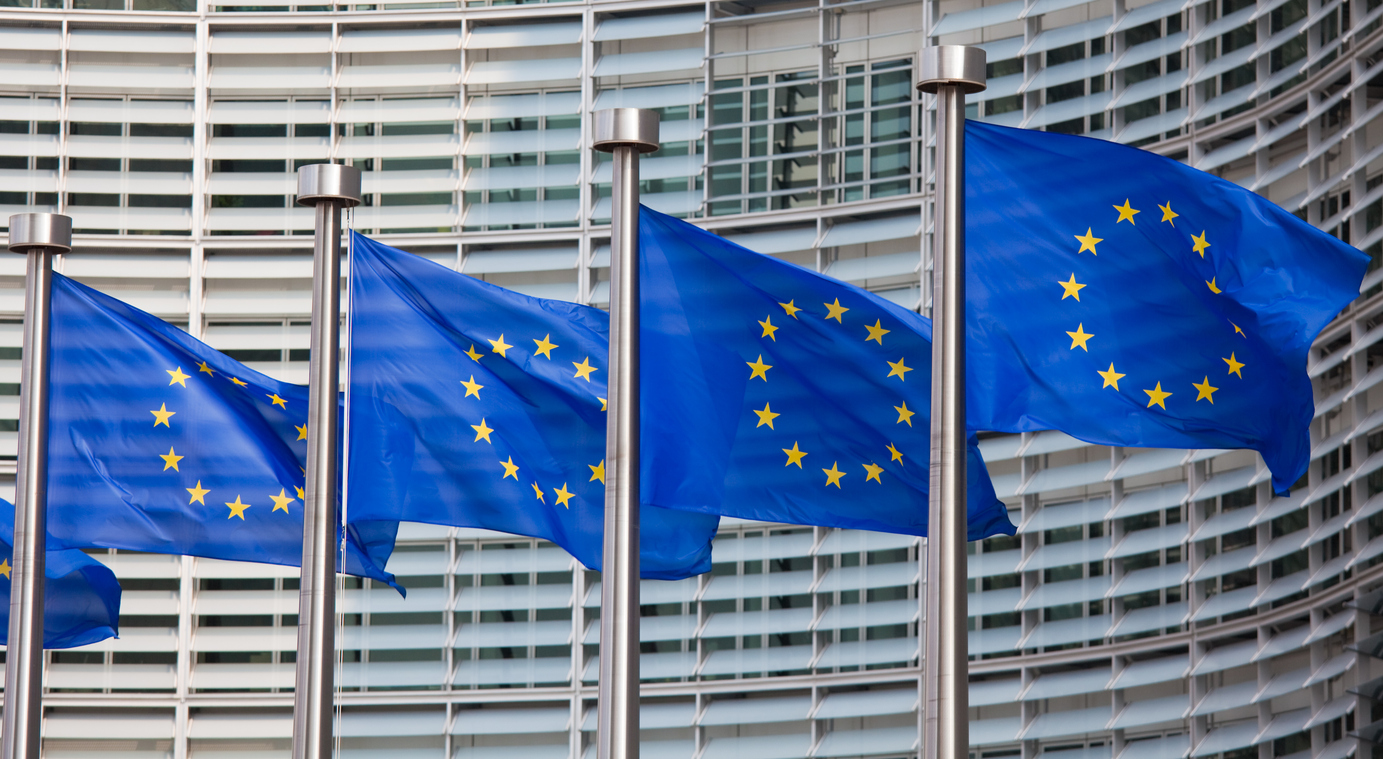Industry urges EU to scrap national HTA bodies

The pharma industry has called for European member states’ national drug value assessment bodies to be abolished if a system to limit drug prices comes into effect across the EU.
At the beginning of the year, the European Commission proposed a binding regulation on health technology assessment (HTA).
While pricing is a matter decided by individual member states, the regulation would provide the basis for permanent EU-level cooperation in HTA.
Under the system proposed the EU-level system would do the number-crunching to assess the benefits of a new drug, while leaving member states to use the findings to inform their pricing negotiations with pharma.
It would in effect make bodies such as Germany’s IQWIG and France’s CEPS redundant, replacing divergent HTA systems across Europe.
Europe’s influential Employment, Social Policy, Health and Consumer Affairs Council is discussing the proposals today.
The process would only apply to novel drugs requiring a centralised marketing authorisation, and would exempt generic, biosimilar and non-prescription drugs.
In a statement, the European Federation of Pharmaceutical Industries and Associations (EFPIA) said it broadly welcomed the proposed regulation.
But it warned that a voluntary approach to joint European health technology assessment will mean that work done by the EU-level body would be wasted and not used.
Some member states have already attempted to create a common framework called EUnetHTA - but this was voluntary and has not been as widely used as was originally hoped.
An EFPIA spokesperson said: “We believe that EU cooperation on joint clinical assessments and joint scientific consultations has the potential to contribute to expedite patients’ access to medicines in Europe.”
“The pharmaceutical industry therefore strongly supports the requirement to apply and not repeat joint clinical assessment reports at the national level.”
“Member states should of course continue to be solely responsible for drawing conclusions on the value of the health technologies concerned as part of national appraisal processes and should retain full competence when it comes to national pricing and reimbursement decision-making.”
EFPIA said it looks forward to a “constructive dialogue” with patients, healthcare providers, and representatives from member states and EU over the proposals.
How this affects the work of NICE is unclear, but suggests further divergence between the UK and mainland Europe on drug pricing after Brexit.













